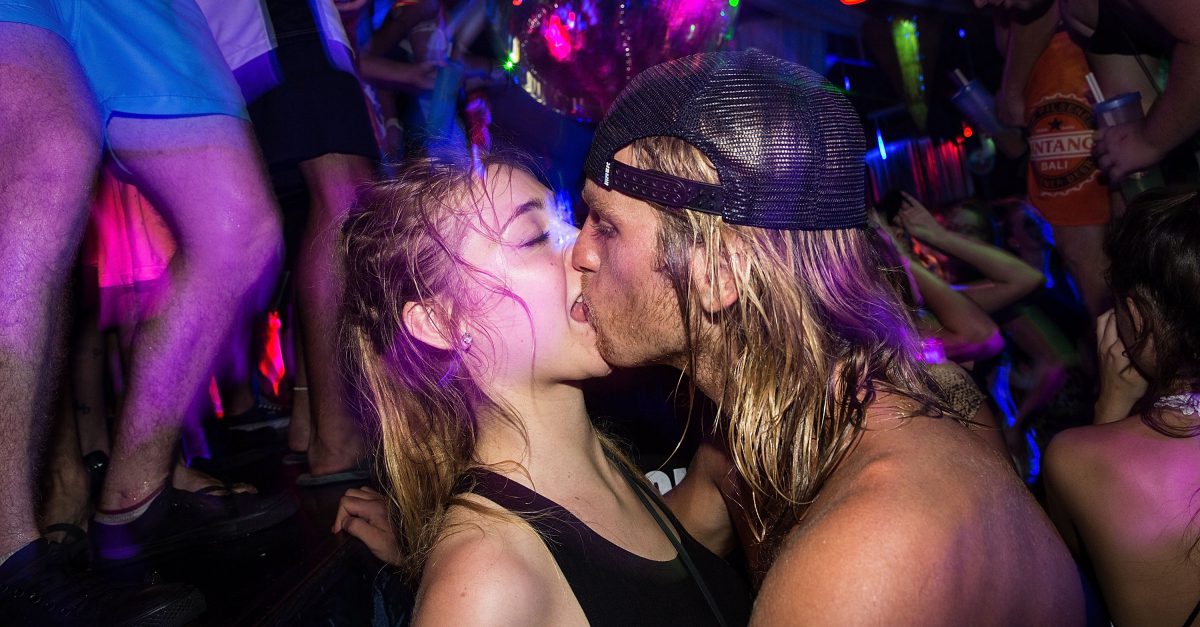During their freshman year of college, statistics show 15 percent of women could be raped while intoxicated with alcohol or drugs.
Videos by Rare
As campuses and lawmakers across the country struggle to settle on a solution to this statistical problem, the state of Texas created a legal solution.
While there was enough legislative support to pass the law, opponents of the text belive students who are now victim of sexual assault or witness such a crime are less likely to come forward if they were using alcohol or drugs at the time of the incident.
RELATED: Dashcam footage catches a woman pushing a man out in front of a vehicle
The new law went into effect on Sept. 1, granting immunity for underage drinking if the person is reporting sexual assault.
Since a significant number of campus rapes happen while a victim or other parties are incapacitated, some Texans are concerned the law could affect how many crimes are reported with a tempting incentive to lie provided for in its provisions.
Victims who want immunity from underage drinking can report their assault to law enforcement officials, health care providers or Title IX coordinators.
While the measure is being praised by some, critics remain concerned by its unintended consequences, with fears largely centered on two facts:
First, it is currently not illegal to lie to a Title IX coordinator like it to lie to law enforcement. Relatedly, anyone other than the perpetrator can report a rape — not just the victim.
Secondly, the lingering question:
“Is it possible students caught drinking could get themselves out of trouble by falsely accusing a classmate?”
While, on the surface, the legislation seems to allow students to escape punishment by lying to a Title IX coordinator, the law is not a “get out of jail free” card.
Rather, as supporters of the law agree is an incentive to come forward after less-than-legal circumstances yield a questionable situation, it allows the underage person to use the sexual assault report as a defense against the underage drinking charge.
RELATED: Health advisory warns of HIV cluster near Houston
This means, instead of being able to walk away from a charge by pointing a finger at a classmate, the law allows students to report rape without risking prosecution for underage drinking.
For example, an intoxicated underage student who witnesses a rape in progress could call for help knowing he/she would possess immunity for their crimes of drinking before they are 21.
While there are examples of students lying about sexual assault for their own gain, lawmakers are still working and encouraging the legislature to make lying to a Title IX coordinator illegal – a change which could further legitimize this newest law.
Universities are permitted to create their own regulations for how to report and reconcile sexual assault allegations and attacks, but the State of Texas’ Attorney General’s website maintains a list of resources for victims and witnesses.
If you need help or are seeking information, read more here.



